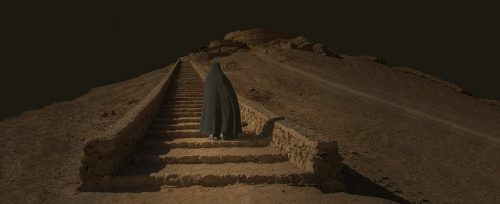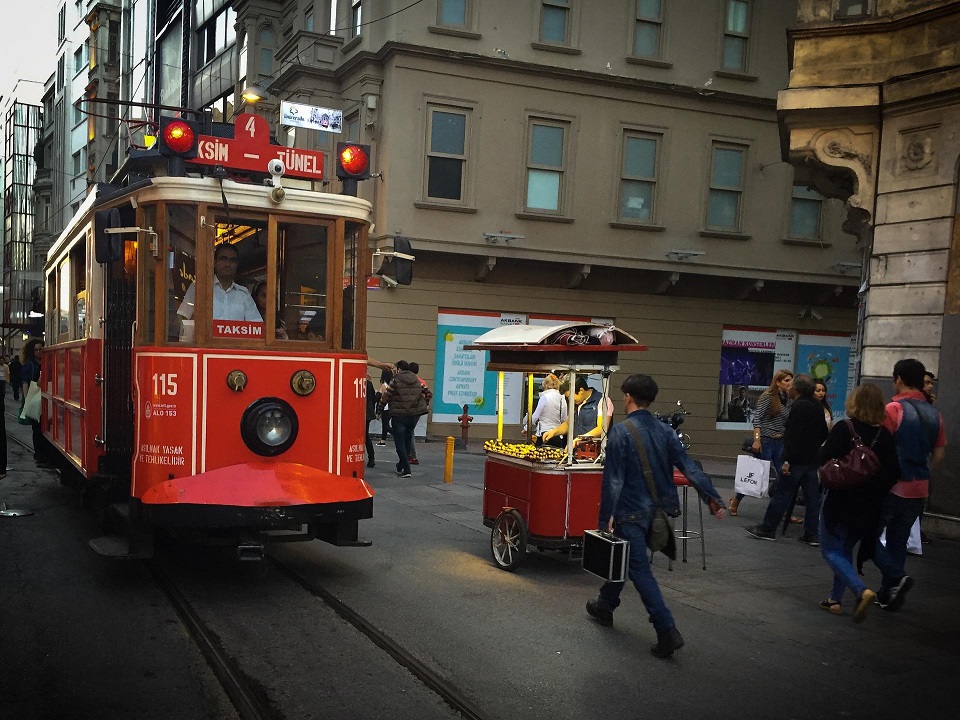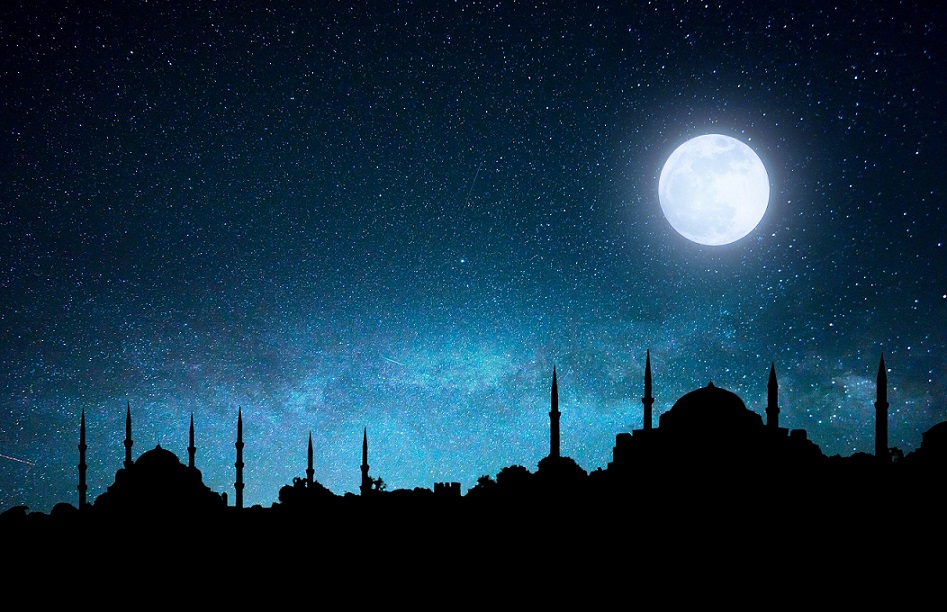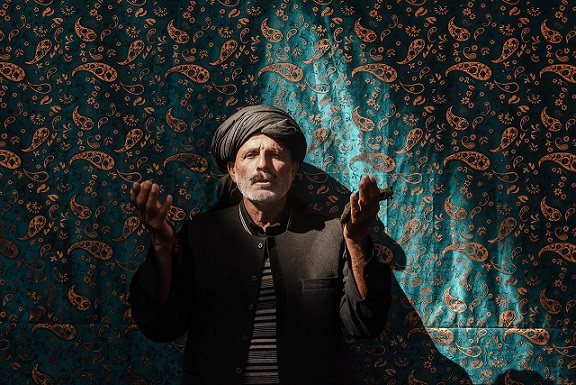2000 marked the beginning of a new era. After the consideration of admitting Turkey to the EU, they were obliged to respect the rights of the national minorities of Turkey.
 Daniel Fernández
Daniel Fernández
“There is not only one nation in Turkey; there is also the Kurdish nation”. Those are the words expressed by Abdellah Öçalan, one of the founders of the PKK (Working Kurds Party), at a time when the simple fact of saying the word “Kurdistan” or the use of the Kurdish language was completely prohibited. The PKK was created in Turkey at the 70-year end of another popular organization that demanded rights for ethnic Kurds. Their base ideologies move between a nationalistic Kurd and a social revolution and their principal objective has been the creation of an independent Kurdish state. However, what is Kurdistan? Etymologically, the definition of Kurdistan is “the place where Kurds live.”
Geographically the limits of Kurdistan have been modified throughout history, especially in political circumstances, history and demographics. In reality, this “place” where the Kurds occupy is an area of more than 500 square kilometres and is divided into four countries: Syria (6%), Iraq (18%), Iran (31%) and Turkey (43%).
Such distribution is a result of the repartition of the territory for the international diplomacy at the end of the First World War at the beginning of the 20th century.
 The Turkish state undertook an “ethnic cleaning” of all national minorities in order to create an exclusively Turkish state. The first of these “cleanings” has constituted what is today known as “Armenian genocide”. From 1915 until 1921, millions of Armenians were deported and killed.
The Turkish state undertook an “ethnic cleaning” of all national minorities in order to create an exclusively Turkish state. The first of these “cleanings” has constituted what is today known as “Armenian genocide”. From 1915 until 1921, millions of Armenians were deported and killed.
Kurds were next in line. Along with the deportations, expropriations and widespread massacres that added to the politics of assimilation, so did the illegalization of political and cultural organizations, as well as the banning of the use of the Kurdish language. Officially, Kurdistan ceased to exist, and with it, the Kurds and their language. The brutal repression of the Turkish state against Kurdish towns and their representations impeded the demand of Kurdish rights, democratically speaking. The PKK, before the impossibility of action within the frameworks of the legality of Turkish states, radicalized its position and began armed fighting.
From 1984, the PKK prompted the creation of the ERNK (National Front of Kurdistan Liberation). Such movement was concreted in an organization of guerrilla warfare whose mission was to counteract the actions of the Turkish state. Throughout the decade, the “civil war” between the Kurdish forces and the Turkish state caused scores of thousands of deaths, the majority of them from the Kurdish side.
From the PKK to the PKE
In the 90 years the PKK smoothed out their socialist programme in order to negotiate with the Turkish state and in this way to obtain some rights for the Kurdish town. None of these proposed truces were accepted by the government and in 1993, the PKK was declared illegal.
 The following step was a security protocol between the Turkish state, Syria and Iran, where they worried about the regular activities of the PKK.
The following step was a security protocol between the Turkish state, Syria and Iran, where they worried about the regular activities of the PKK.
Within the same context, the Kurdish representatives in the Turkish Parliament were condemned to 15 years of prison for affiliation with the PKK.
In the middle of all this, 90 major changes were produced.
First, the PKK abandoned the violence around the borders of Kurdistan and Amnesty International exposed the situation of the Kurdish rights in Turkey. Finally, the PKE (Parliament of Exiled Kurdistan) was created, headquartered in La Haya. At the end of the same decade, the Turkish state could no longer deny the existence of the Kurdish town before the international community, but continued its internal political terrorism. On their part, the Kurdish nationalists continued to fight, before the impossibility of action since the democratic framework of Turkey.
The capture of Abdellah Öçalan in 1998 was another example of the impunity with which the international community acts when its interests are in play. Italy, Switzerland, Holland and Sweden denied Öçalan political asylum.
Greece accepted him, not on Greek soil but at the Greek embassy in Kenya, where he was detained by the Turkish secret service with the collaboration of the CIA and the Mossad. 2000 marked the beginning of a new era.
 After the consideration of admitting Turkey to the EU, they were obliged to respect the rights of the national minorities of Turkey: allowing Kurdish names for newborns and raised itself to the state of emergency in the Kurdish regions.
After the consideration of admitting Turkey to the EU, they were obliged to respect the rights of the national minorities of Turkey: allowing Kurdish names for newborns and raised itself to the state of emergency in the Kurdish regions.
Subsequently, it began to liberalize the use of the Kurdish language, although teaching in the Kurdish tongue, its official use, as well as publication in books and magazines, continued to be prohibited.
In December 2009, the Constitutional Court of the Turkish State banned the DTP (Social Democratic Party), alleging the party had become “a focus for activities against the indivisible unit of the state, the country and the nation.”
The measure was harshly criticized by numerous international organizations. The same say, the president of the EU insisted the Turkish government reformed its legislation in references to political parties. Ahmet Türk, DTP president until the banning, said in a speech of defense that “the national indentity should be redefined into a concept of shared territory, more than a concept of ethnic groups”.
(Translated by Sabina Cao) – Photos: Pixabay












.jpg)












